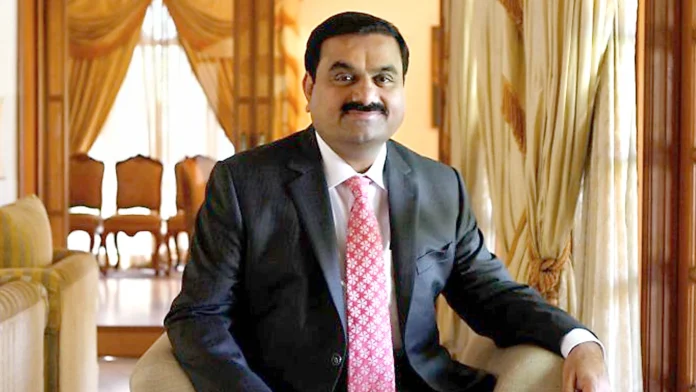A Delhi court has refused to transfer the appeals filed by senior journalist Paranjoy Guha Thakurta and digital news platform Newslaundry against an injunction obtained by the Adani Group. The injunction, described by many as a gag order, was originally issued by a civil court in 2021 and directed the removal of certain reports about the conglomerate while also prohibiting further publication of similar material. The order was passed ex-parte, without hearing the journalists involved, and has since been criticized as a restriction on press freedom.
Earlier this year, four journalists who were also restrained by the same injunction approached the court of Judge Ashish Aggarwal. After considering their appeals, Judge Aggarwal quashed the order against them. He reasoned that since the articles in question had already been in the public domain for some time, it was unfair to silence the journalists without giving them a chance to respond. His decision was seen as an important reaffirmation of the right to be heard before speech is restricted and was welcomed by free speech advocates.
Paranjoy Guha Thakurta and Newslaundry, who had filed similar appeals, sought to have their cases heard by Judge Aggarwal as well, arguing that consistency in outcomes required the same bench to examine the matter. Their appeals, however, had already been listed before Judge Sunil Chaudhary, and arguments had partly been advanced there. When the request for transfer came up, the Principal District and Sessions Judge at Rohini Court ruled that the matter should remain with Judge Chaudhary. The court observed that shifting the case at this stage would mean repeating arguments and would unnecessarily delay proceedings.
Following this order, both Paranjoy and Newslaundry indicated that they were prepared to continue before Judge Chaudhary, provided the case was heard expeditiously. The appeals are now scheduled to come up before him on September 24. What happens next will be closely watched, because Judge Chaudhary will have to decide whether to adopt the reasoning of Judge Aggarwal, who struck down the injunction for other journalists, or to treat the cases differently.
The decision carries broader implications for how Indian courts handle injunctions against the media in defamation cases. On one side is the Adani Group, which has argued that the contested reports were defamatory and damaging. On the other side are the journalists, who argue that their work is in the public interest and that sweeping gag orders undermine democratic accountability.
The outcome may not only determine whether Paranjoy and Newslaundry remain bound by the injunction but also shape the larger debate on balancing corporate reputation with the press’s right to report.


